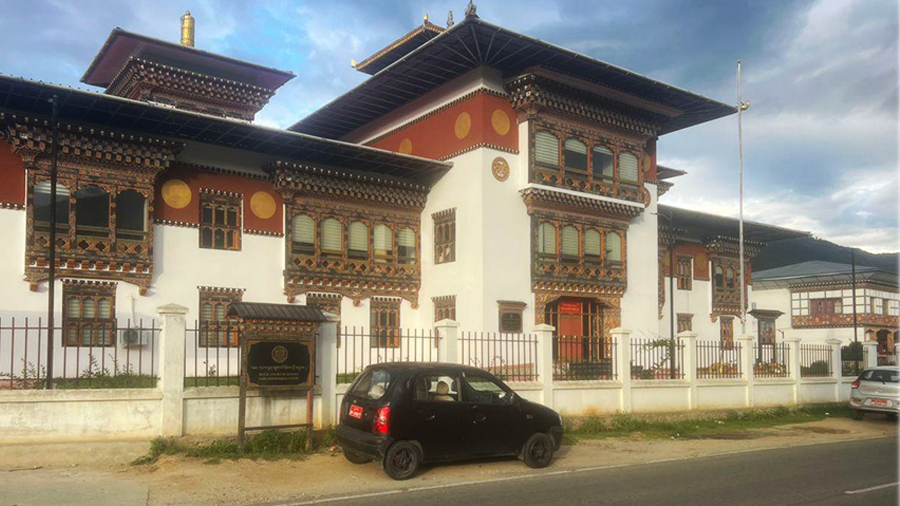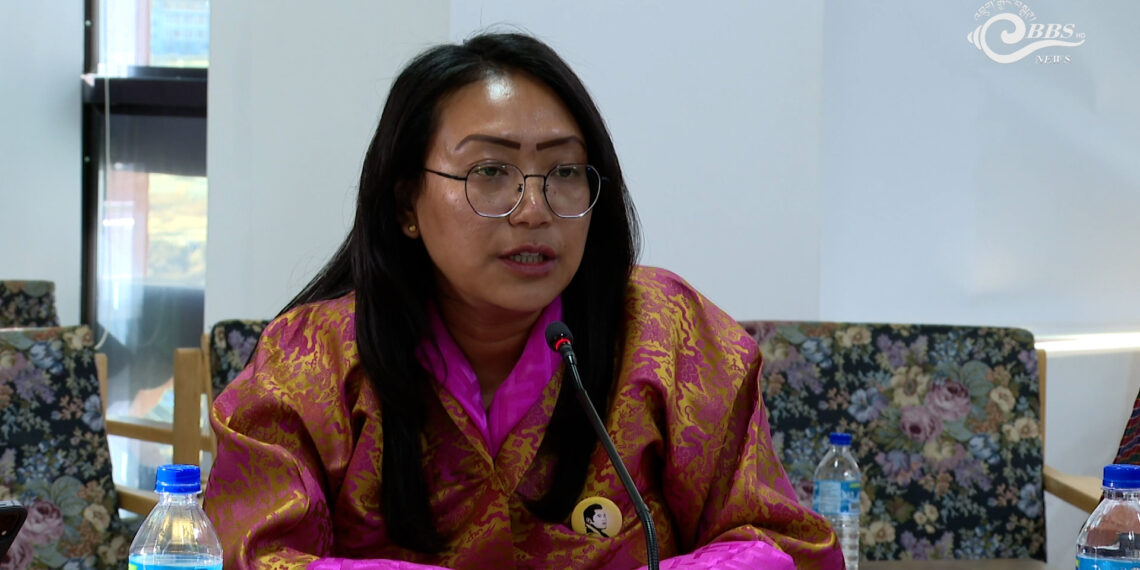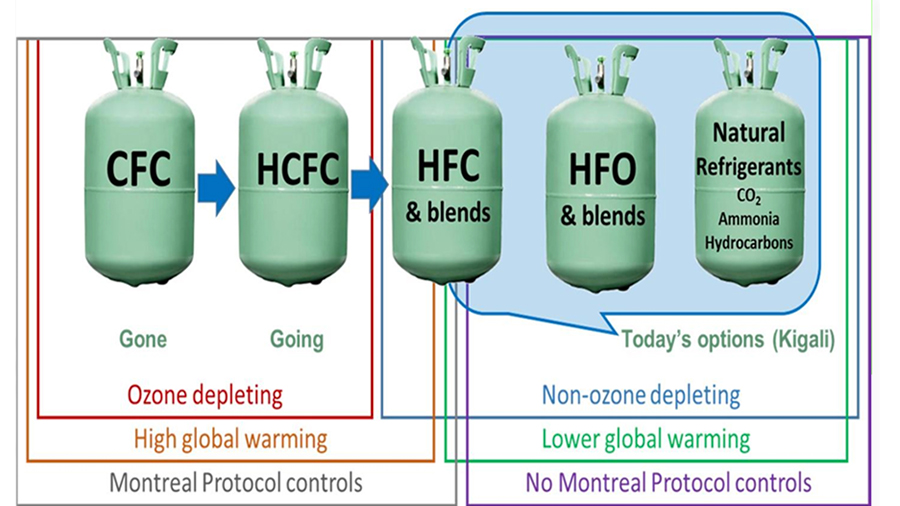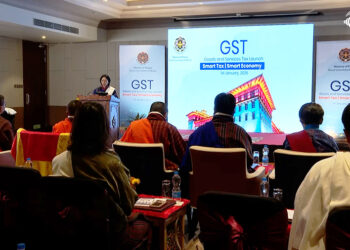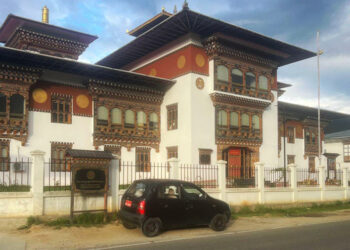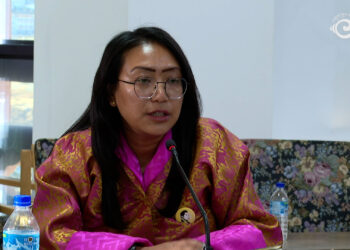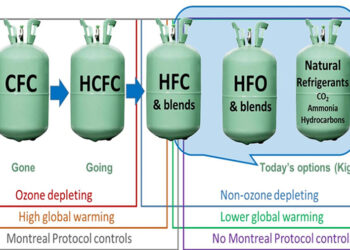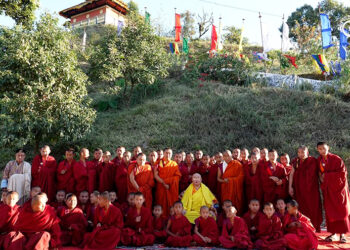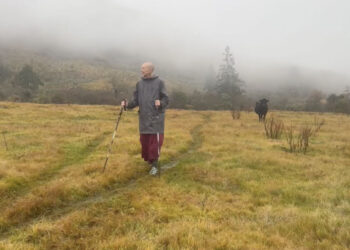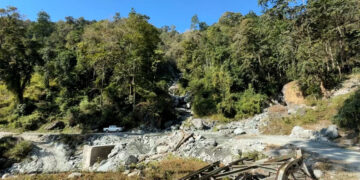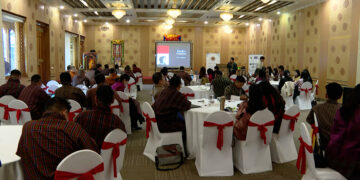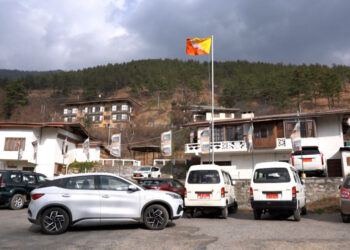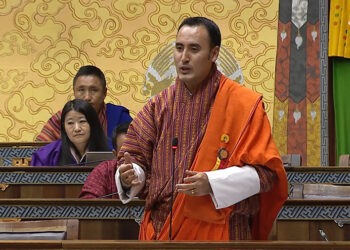Featured News
National Job Fair returns with new focus on long-term careers
After nearly six years, the National Job Fair returned to the capital, with a fresh approach. This time, beyond job...
Ageing population and waning youth interest threaten Dagsa’s Kharphu festival, Monggar
People of Gongdu Gewog’s Dagsa Chiwog in Monggar are struggling to sustain their biennial local festival called Kharphu, due to...
Paro turns up the volume with Bhutan’s first Asia Rock Festival
As prayer flags fluttered in the evening breeze and the sun set behind Paro’s dzong, monasteries and temples, a new...
His Holiness the Je Khenpo concludes spiritual tour
His Holiness the Je Khenpo concluded the almost month-long spiritual tour across the country. Today, His Holiness visited Pedkar Choeling...
Asia Rock Fest–Bhutan marks new era for local rock scene
Bhutan is about to experience something completely new, its first full-scale rock music festival. But this moment did not happen...
British nun Ani Pema Deki completes 400km trek from Haa to Trashigang, raising over Nu 9 M for children with disabilities
Ani Pema Deki, also known as Emma Slade, has completed her 400-kilometre walk across the Trans-Bhutan Trail to raise funds...
Moments with the Great Fourth: memories that still touch Bhutanese hearts
For many Bhutanese, a moment shared with His Majesty the Fourth Druk Gyalpo remains one of the most treasured moments...
His Majesty the Fourth Druk Gyalpo’s timeless vision of happiness still shapes Bhutan’s future
In a world chasing growth through numbers, Bhutan chose to measure something far deeper: happiness. As the nation celebrates the...
JSW Law Graduate makes mark in the U.S., clears New York Bar Examination
A young Bhutanese woman lawyer has made a mark in the international legal arena by passing the prestigious New York...
Thimphu’s YDF hall buzzes with Deaf Week celebration
The YDF Hall in Thimphu came alive today with laughter, music, and the vibrant spirit of inclusion as the Disabled...
Politics
FASTag access for Bhutanese vehicles nears resolution as India submits SOP draft
The foreign affairs and external trade ministry has received a draft Standard Operating Procedure from the Indian government concerning the...
Popular
-
TikToker Dorji Tshomo sentenced for battery against police and De-suung personnel
-
Residents raise safety concerns over illegal activities in Phuentshogling’s Dhekyid Lam
-
Paro District Court sentences two individuals for attempting to smuggle large amounts of US dollars
-
RAA links low salaries to persistent financial irregularities in government offices
-
Punatsangchhu-II accounts for the majority of Nu 8.2bn hydropower audit errors
Casino en ligne avec mise en argent réel
Choisissez un casino en ligne avec argent réel pour jouer à vos jeux préférés et retirer vos gains en toute simplicité. Avec des options de paiement rapide et un environnement réglementé, vous bénéficiez d’un divertissement sûr et fiable.
GST rollout begins, many still confused
Bhutan officially rolled out Goods and Services Tax today. The new GST regime replaces the existing sales tax structure with...
Paro District Court sentences two individuals for attempting to smuggle large amounts of US dollars
In two separate cases, the Paro District Court has sentenced two individuals to five and six years in prison for...
Tax and rising costs put pressure on public bus services
Concerns over road safety, rising operational costs, and the quality of public transport were some issues raised during a meeting...
At Phuentshogling’s Happiness Centre, new year begins with recovery and resolve
The Happiness Centre in Phuentshogling welcomed the new calendar, celebrating healed hearts and battles won against alcohol and drug addiction....
Zakar
Recent News
- GST rollout begins, many still confused
- Paro District Court sentences two individuals for attempting to smuggle large amounts of US dollars
- Tax and rising costs put pressure on public bus services
- At Phuentshogling’s Happiness Centre, new year begins with recovery and resolve
- Thimphu schools see high PP admission demand
News Category
- Accidents
- Agriculture
- Announcement
- Audience Survey Report
- Business
- Crime/Legal
- Culture
- Development
- Disaster
- Economy
- Education
- Entertainment
- Environment
- Feature
- Featured
- Festival
- Global Peace Prayer Festival
- GMC
- Gyalsung
- Headlines
- Health
- HYDROPOWER
- K4 70th Birthday special feature
- Legal
- Literature
- Livestock
- Media
- Other Stories
- Politics
- RCSC
- Recent stories
- Religion
- Sci/Tech
- Social
- Sports
- Technology
- Textile
- Tourism
- Uncategorized
- Video
- Video Story
- Wildlife
© 2024 BBSCL. All rights reserved.


